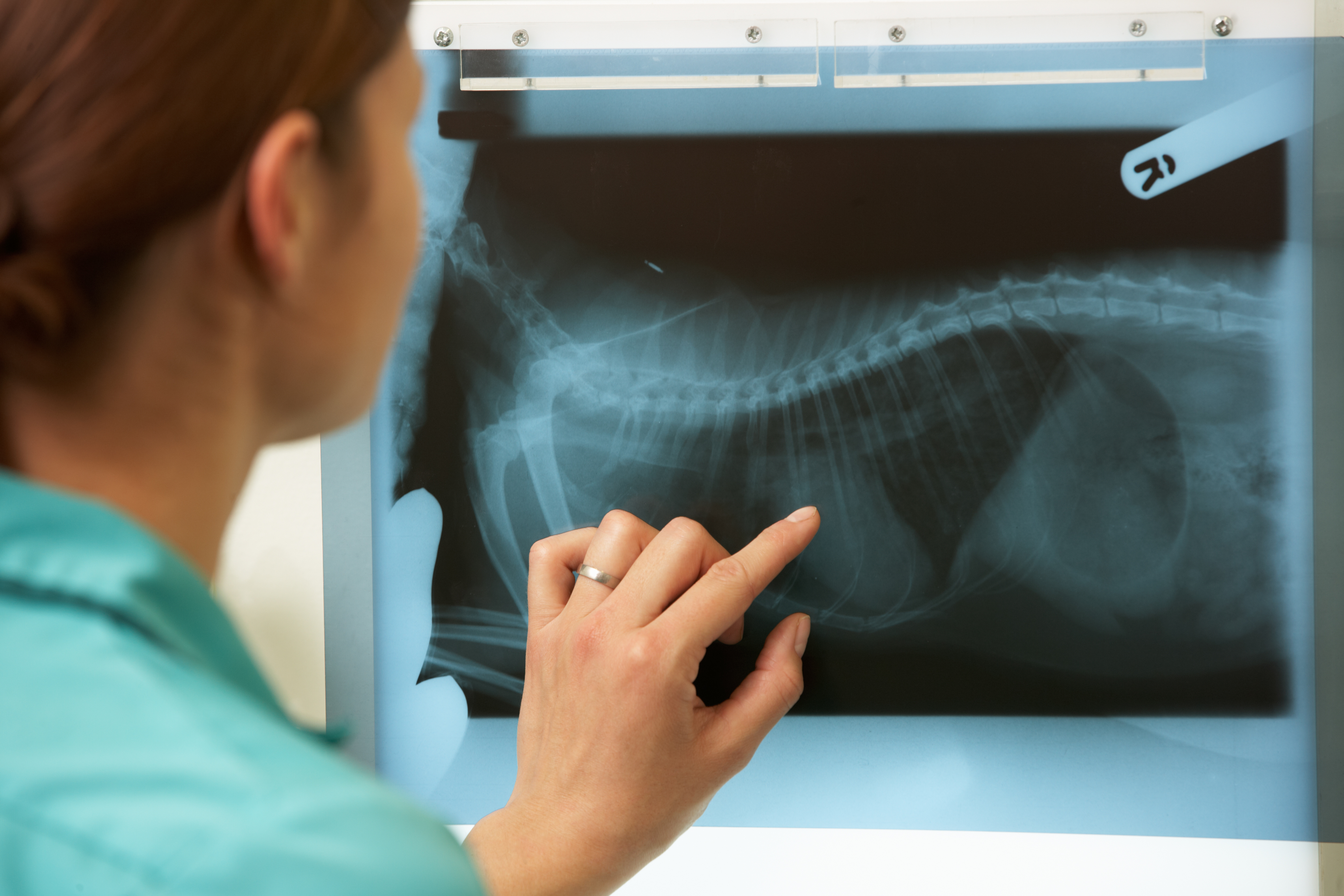Our furry friends are part of our lives, and maintaining their vitality starts with health checks. Veterinary laboratories are key components in monitoring wellness for our four-legged friends.
This article, we’ll explore the value of lab tests for animals and explain the testing process.
How Do Veterinary Laboratories Work?
Veterinary laboratories are specialized centers for analyzing health markers. These labs support animal doctors to ensure timely interventions.

How it works usually includes:
- Preparing samples for testing: Biological materials are gathered during visits.
- Testing procedures: Technicians and machines deliver diagnostic insights.
- Providing actionable data: Insights guide care plans for better care.
Essential Tests in Veterinary Labs
Veterinary labs offer many tests to detect illnesses early. Popular tests include:
- Blood analysis: Monitor immune responses.
- Urine testing: Ensure bladder health.
- Digestive system evaluations: Identify digestive disorders.
- Sensitivity screens: Identify irritants.
- Imaging diagnostics: Examine internal structures.
Why Diagnostic Exams Are Essential
Regular testing improves pet care. By identifying issues early, your pets stay healthier longer.

Additional benefits include:
- Better disease management: Recovery chances improve.
- Preventative care advantages: Early detection reduces expenses.
- Confidence in care: Stay ahead of potential issues.
laboratorios veterinários
The Value of Diagnostics for Pet Owners
Pet health labs are vital for protecting the health of dogs and cats. Through proactive diagnostics, you give them the care they deserve.
Act now to safeguard your pet’s future and support their wellness every step of the way!